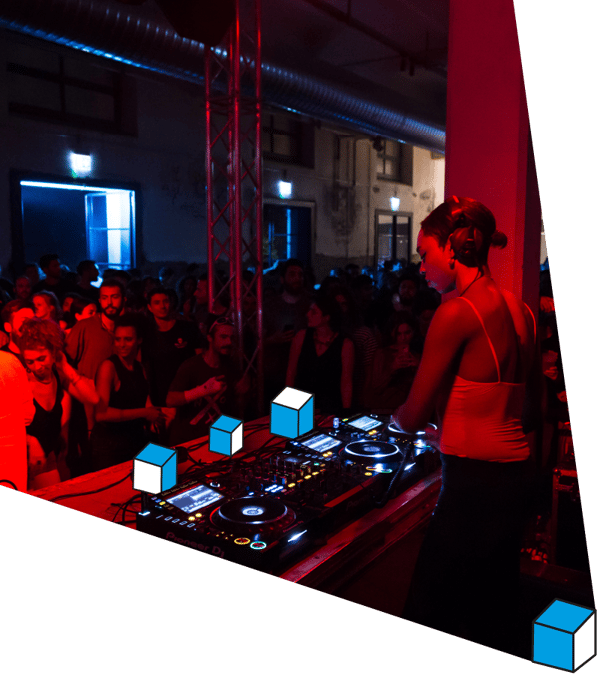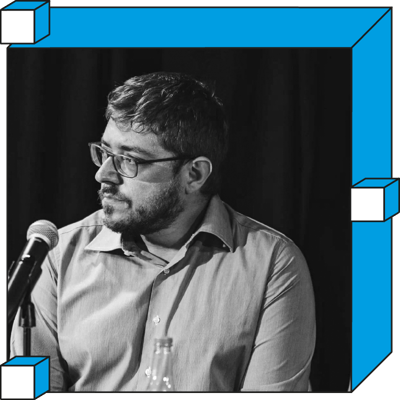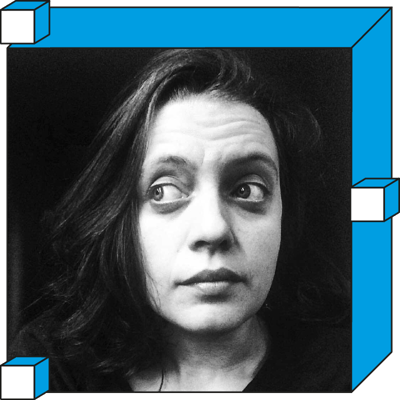
Friday, September 29th 6:30 pm - 08:00 pm
Cities after dark: economy, culture, sociality and safety
Event Information
Speakers:
__ Lutz Leichsenring, press spokesman Clubcommission Berlin
__ Emily Clancy, Vice Mayor in charge of Cities After Dark, Municipality of Bologna
__ Cosimo Guccione, Councillor in charge of Cities After Dark, Municipality of Florence
__ Simone d’Antonio, Lead Expert URBACT network Cities After Dark
Moderator: Valeria Verdolini, CheFare
Few metropolises are painted as true "cities that never sleep," yet Italian small towns also have a rather lively nightlife, often at the center of conflict and political polarization. While living time has expanded, with shifts and jobs spanning the entire day, the pandemic has certainly contracted and changed times, habits and reduced social spaces.
In the face of these transformations of urban biorhythms, in public agendas, the night is often relegated to nightclubbing, the term often used with a negative connotation. Yet it is in the nights and the spaces dedicated to it where cultural and subcultural productions capable of activating relationships, exchanges, economies have always been formed. What is the conflict about then?
While we have increasingly witnessed the contrast between a right to rest and a right to entertainment, the urban night, in addition to the different uses of public spaces - influenced by the process of touristification - has also been formed as a possible space of insecurity, a space with a strong gendered connotation, which is accompanied by an increase in risks and vulnerabilities for those who pass through the city in the twilight hours.
How do we shape a right to the city for all and everyone at all times of the day? What are we talking about when we speak of “economy of the night”? What can we learn from local and international experiences? How does reflecting on night also mean thinking about the city, tourism, social relations and community? How can local governments break out of emergency logic and design (and govern) a right to the city at night?
The meeting aims to explore these issues, starting from the concrete experiences of some Italian contexts and from the Berlin experience, to then try and offer an analysis of the night,of its economy, and of its problems, not only in alarmist terms but also highlighting the many treasures that that time of life can offer to territories.
panel
Speakers
%20VibeLab.webp?width=400&height=400&name=Lutz%20Leichsenring%20(c)%20VibeLab.webp)
Lutz Leichsenring
Press Spokesman Clubcommission Berlin
Lutz Leichsenring is a prominent figure in the global nightlife scene, widely known for his advocacy work towards promoting a thriving and sustainable nightlife culture. He currently serves as executive board member and spokesperson of Clubcommission Berlin, an organization that represents over 350 clubs, promoters and cultural institutions in the German capital, and as the co-founder of VibeLab, a consultancy agency that seeks to develop innovative solutions for the challenges facing the nighttime economy globally. Lutz is also a Board Member of Berlin's Musicboard and Chamber of Commerce as well as consultant for Clubcommission Vienna. In May 2023 Lutz was recognized as one of the „100 most important minds of Berlin’s economy“ by "Tagesspiegel".
%20Margherita%20Caprilli.webp?width=400&height=400&name=Emily%20Clancy%20(c)%20Margherita%20Caprilli.webp)
Emily Clancy
Vice Mayor in charge of Cities After Dark, Municipality of Bologna
Italian-Canadian, born in Bologna, Law and Public Administration graduate, works for the legal department of the Emilia Romagna Region. Clancy also worked in independent radio as a speaker and DJ. In 2016 she was elected Bologna’s youngest city councillor as the most voted in the municipalist leftist platform Coalizione Civica per Bologna. As an opposition councillor, she focused on human rights, reducing inequalities, environmental policies, access to housing. In 2021 she was re-elected city councillor obtaining the most votes out of all candidates of all parties running in the city election with the platform Coalizione Civica Coraggiosa Ecologista e Solidale and was appointed Vice Mayor in charge of Housing, Climate Assemblies, Night Economy, Equal Opportunities, Anti Discrimination Policies.

Cosimo Guccione
Councillor in charge of Cities After Dark, Municipality of Florence
Florence City Councillor and Special Advisor to the Mayor on Youth Policy 2014-2019. Academic Senator representing students at the University of Florence. City coordinator of the Young Democrats of Florence City.

Simone d’Antonio
Lead Expert URBACT network Cities After Dark
Simone d'Antonio is an expert in sustainable urban development and supports numerous cities in Italy and Europe in the creation of integrated strategies and plans. He is currently lead expert of the European network on night policy issues Cities After Dark funded by the URBACT programme. He has worked with numerous European programs on cities, including Urban Innovative Actions, URBACT, Urban Agenda for the EU and Covenant of Mayors, while globally he has collaborated with C40 Cities on just transition issues and with UN-Habitat in the process on the New Urban Agenda. He is author of Le città sono la soluzione (Cities are the solution) published by Donzelli in 2021.
Moderator

Valeria Verdolini
CheFare
Valeria Verdolini, is a research fellow at the University of Turin and adjunct professor at the Department of Sociology and Social Research, University of Milan Bicocca, and where she teaches Urban Security Policies and at the Department of Italian and Supranational Law, University of Milan where she teaches "Inequalities and social mobility." she is President of Antigone Lombardia (MI). He recently published "The Outcast Institution. Spaces and dynamics of prison in Italy" for Carocci (2022).